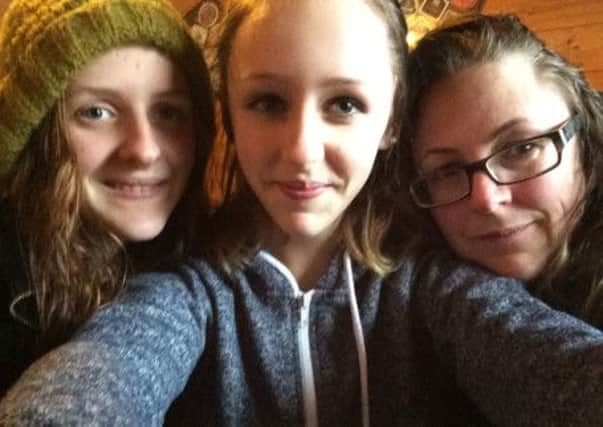Sister slams BBC discussion of Alice Gross case


Nina Gross called the debate - which focused on immigration issues arising from the investigation into the 14-year-old’s death as ‘extremely insensitive’ and ‘horrible’.
In posts on Twitter, she said: “It is extremely insensitive to use my family’s tragedy for political agendas and discussion. This is a time of grief for our family. In future, please respect our wishes as we grieve.
Advertisement
Hide AdAdvertisement
Hide Ad“This is a personal tragedy which we want to deal with privately, rather than fearing anyone using it for any political agenda.
“Now is not the time for these discussions.”
Nina also directly addressed accounts owned by the BBC, telling them: “It is really insensitive and horrible that you have used our family’s tragedy on Question Time.”
Question Time later issued an apology, and a post from the programme’s Twitter account said: “Dear Nina, we’re sorry to hear this. We’re really sorry for any hurt or offence caused by tonight’s programme.”
She replied: “Thank you.”
Arnis Zalkalns, from Latvia, was identified as a suspect by police searching for Alice before her body was discovered in the River Brent in west London earlier this week.
Officers confirmed early on Tuesday that they had launched a murder investigation.
Zalkalns is thought to have arrived in the UK in 2007 after serving a seven-year jail sentence in his homeland for bludgeoning and stabbing his wife Rudite to death.
Questions have arisen over whether UK authorities had any record of his conviction.
Introducing the debate, Question Time host David Dimbleby said a question had been submitted to the panel referring to the schoolgirl’s murder.
Advertisement
Hide AdAdvertisement
Hide AdMr Dimbleby said: “The question is whether there should be freedom of movement including convicted criminals across EU borders.”
The discussion that followed lasted for around eight minutes.
SEE ALSO